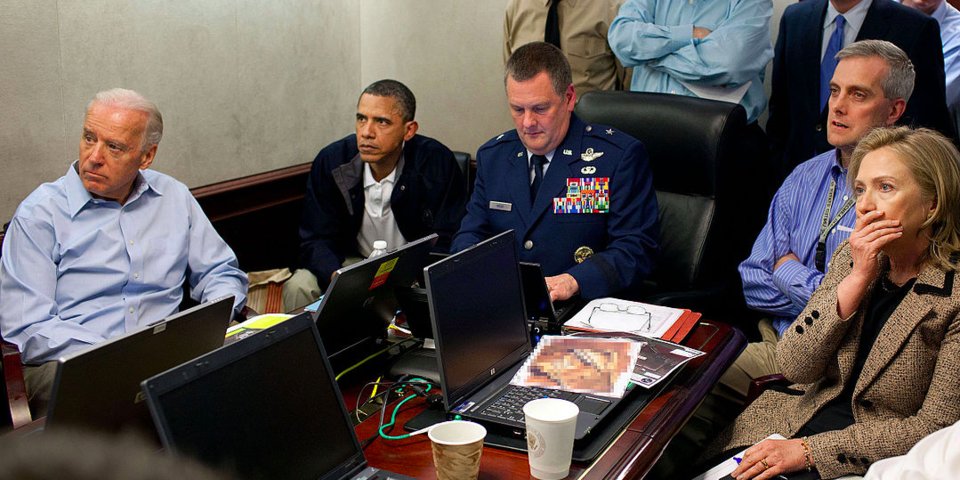The D.C. Circuit releases opinions on Tuesdays and Fridays. We read them all so you don’t have to. On Friday (Jan. 25), the court issued two opinions:
Hoopa Valley Tribe v. Federal Energy Regulatory Commission. In 2014, the Hoopa Valley Tribe asked the court to review a FERC order approving a federal licensing scheme that effectively allowed California and Oregon to defer their obligations under the Clean Water Act related to a hydropower project along the Klamath River. Under the CWA, any company that wants to get a federal license for an activity that could harm local waters must get a water quality certification from the controlling states. The CWA also says that the water quality certification requirements are waived if the state does not act on a request within a reasonable time period—no longer than one year. Here, the states entered into an agreement with an electric power company where the company would withdraw and resubmit its application for certification in order to avoid the CWA requirements. In an opinion by Judge Sentelle (joined by Judges Griffith and Pillard), the court held that the withdrawal-and-resubmission did not trigger new statutory periods of review and thus the states waived their certification authority.
Judicial Watch v. United States Department of Defense. Before President Obama ordered a military strike on Osama bin Laden’s compound in Pakistan in 2011, he sought input from many members of his intelligence team. In 2015, Judicial Watch requested the release of five memoranda reflecting that input—written by the Pentagon General Counsel, CIA General Counsel, National Security Council Legal Adviser, and Joint Chiefs of Staff Legal Adviser—under the Freedom of Information Act. The agencies denied the request, and Judicial Watch filed suit. In an opinion by Judge Rogers (joined by Judges Srinivasan and Ginsburg), the court sided with the agencies and agreed the memoranda were fully protected under the presidential communications privilege in Exemption 5 to FOIA.
![]()

